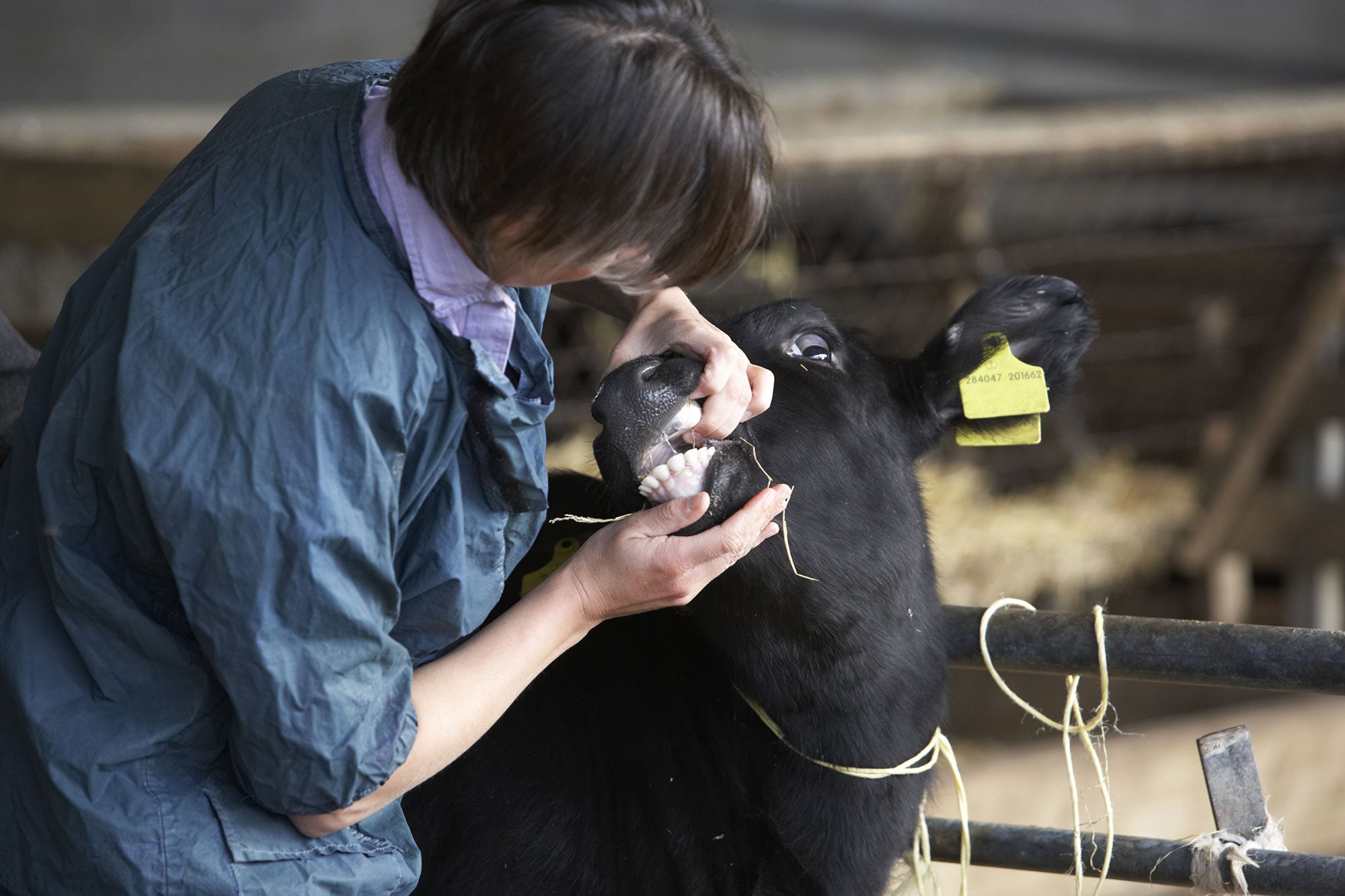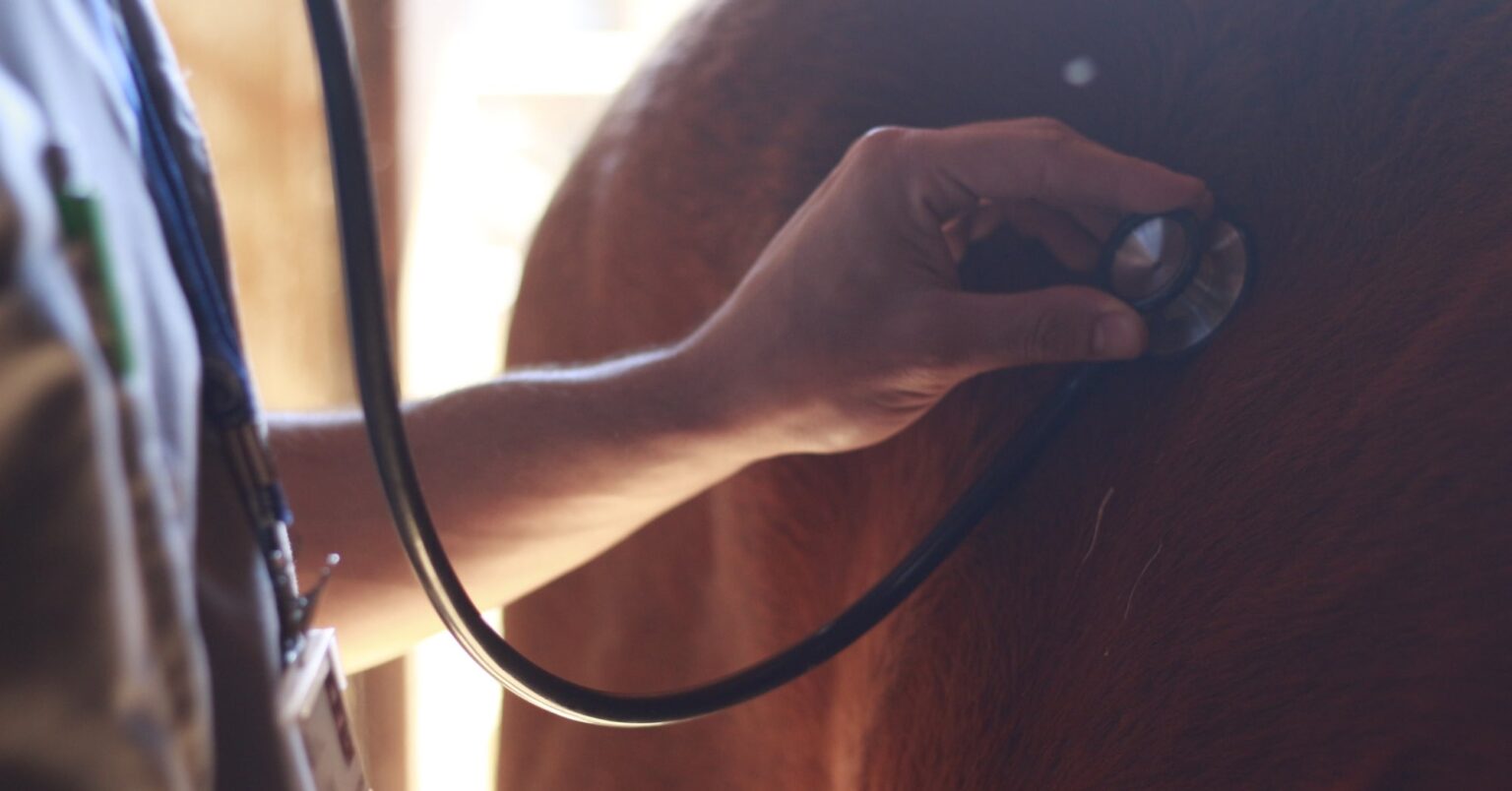U.S. Secretary of Agriculture Brooke Rollins announced new measures Thursday to tackle the critical shortage of rural food animal veterinarians across the country. The plan includes expanded grant funding, recruitment strategies, and new investments in rural veterinary practices, alongside the opening of a modernized U.S. Department of Agriculture office in Mississippi.
“Rural veterinarians are vital for the agricultural economy in the United States,” Rollins said. “Our farmers and ranchers rely on these critical services to prevent the transmission of animal disease, protect our food supply, and support America’s rural economy. With these new investments in scholarships and pay incentives, USDA is not only strengthening our animal food production system but also listening to producers and veterinarians across the country to ensure our programs meet real-world needs.”
The announcement came as USDA recognized two awardees of the Veterinary Services Grant Program, both aimed at expanding rural veterinary capacity in Mississippi. Dr. Kimberely Klunk will receive $125,000 to strengthen reproductive services for livestock producers in Adams, Franklin, and Lincoln counties, while Dr. Rachel W. McCurdy Veterinary Services will receive $125,000 to enhance diagnostic tools and outreach for farms in Newton and Scott counties.

Sen. Cindy Hyde-Smith (R-Miss.) praised the initiative, saying: “As a cattle producer and co-chair of the Senate Veterinary Medicine Caucus, I know how urgently rural areas need more veterinary support. Food security is national security, and this is exactly the kind of leadership we need.”
Mississippi leaders echoed that sentiment. Gov. Tate Reeves noted that “rural communities are the heart of our state. Whether it’s cattle, corn, or catfish, Mississippi feeds dinner tables across America. Secretary Rollins’ Rural Veterinary Action Plan will go a long way in supporting veterinarians throughout Mississippi.”
The announcement also featured the ribbon-cutting of a new consolidated USDA office in Mississippi, bringing together the Farm Service Agency, Rural Development, and the Mississippi Farm Bureau under one roof. “This partnership is a win for taxpayers, a win for USDA employees, and a win for the Mississippi farmers and ranchers we serve,” Rollins said, noting that the modernized facility will save money and better serve rural communities.
Mike McCormick, President of the Mississippi Farm Bureau, emphasized the long-term stakes: “Without veterinarians, our farmers and ranchers cannot thrive, and without thriving farms, our rural towns and communities cannot survive. We know our shared success depends on collaboration.”
At the same time, Mississippi State University President Dr. Mark Keenum highlighted the role of innovation: “Technology is driving modern agriculture, and Mississippi State is at the forefront of precision agriculture and autonomous systems. I’m grateful for Secretary Rollins’ strong leadership and support of our land-grant mission.”
The Rural Veterinary Action Plan
The USDA’s new Rural Veterinary Action Plan outlines five key strategies:
- Enhancing grant programs: Expanding the Veterinary Medicine Loan Repayment Program and VSGP with streamlined applications and more funding.
- Analyzing rural shortages: Launching a USDA Economic Research Service study on rural veterinary shortages, with findings due in 2026.
- Recruiting and retaining USDA veterinarians: Exploring special pay rates, tuition reimbursements, and recruitment bonuses to make federal service more competitive.
- Cataloging resources for new practices: Educating graduates about USDA programs to help finance rural veterinary clinics.
- Engaging stakeholders: Hosting listening sessions with schools, producers, and communities to identify barriers and boost recruitment from rural backgrounds.
“The growing shortage of veterinarians in rural America threatens our food supply and animal health,” said Rollins. “With this plan, USDA is putting Farmers First and ensuring our food system remains strong, safe, and secure.”


